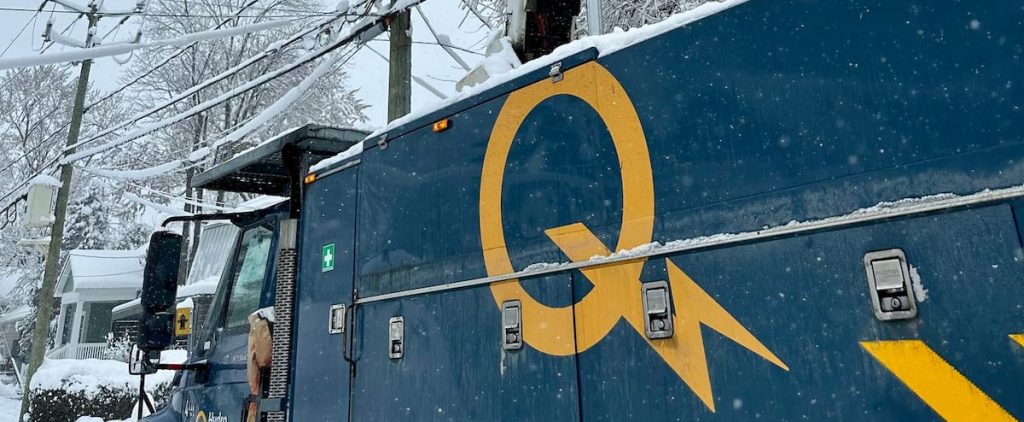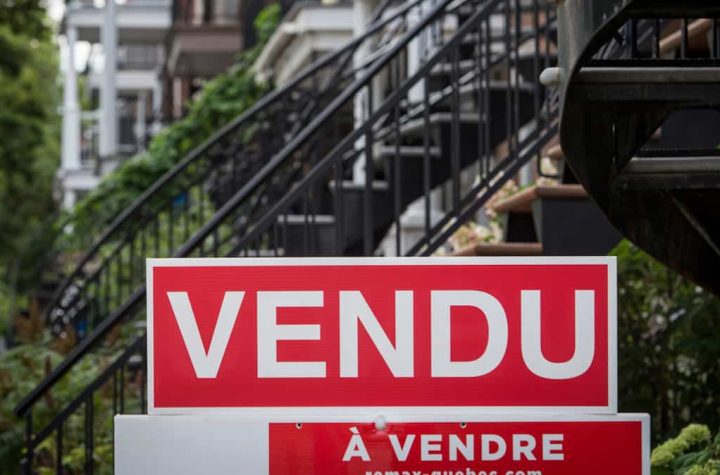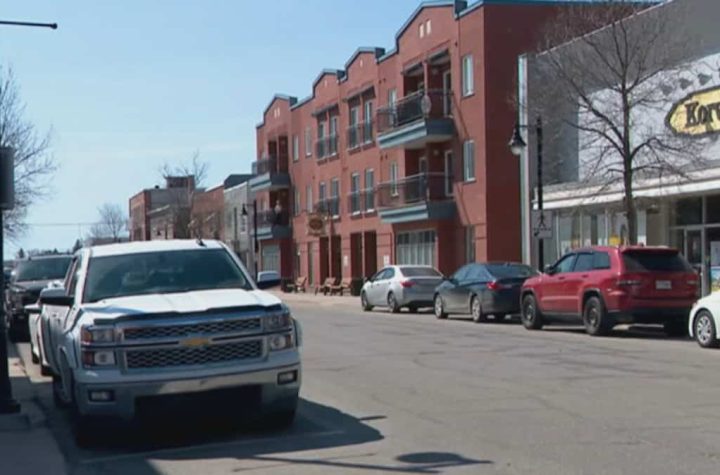
“Our network was designed for a village in the ’60s and it’s like it never developed,” explained Sutton Mayor Robert Benoit, who bemoaned Hydro-Québec’s slowness in fixing the situation.
• Also Read: Power outages: Hydro-Québec sends reinforcements to eastern Quebec
• Also Read: Around 12,000 houses were plunged into darkness due to the blackout
• Also Read: More than 5,500 houses are in darkness due to power outage
Robert Benoit knows about power outages. He himself has to live with the vagaries of the old network, along with citizen discontent when power fails. “We lost power 10 times in the last two days at City Hall, where our city’s water well is located. Every time, even if it is only for five seconds, the generator starts,” he says.
He said that this municipality of 4,500 people has been repeatedly disintegrated for a year and a half. In the last 15 days, there have been power outages seven times, sometimes for hours.
“Since the 60s” network
Sutton is one of the oldest networks in Quebec. 49 kilovolt (kV) network, 120 kV network when required. The electrical substation is also obsolete, but Hydro-Québec plans to replace it in 2032.
“At 49 kV, we don’t have a lot of juice going through there… It’s so rare, I thought there wouldn’t be any left,” said François Bouford, associate professor in the department of engineering. in Electrical and Computer Science from McGill University. “We still find them, as well as 69 kV networks, in the Estre region, especially near the American border. These are networks from 2e A wave of nationalization, the 1960s standard is now 120 kV.
At the moment, the network is at maximum capacity and the voltage is low, Mayor Benoit explained. The result: Citizens often experience five-second mini-blackouts, “flickers.”
“The network here was designed for a village in the 60s and it never seems to have developed. We have experienced an impressive real estate boom in recent years. There has been a 14 per cent increase in houses and population in the last three years,” he said.
Part of the answer also lies in citizens, who are very reluctant to cut down or cut down trees on their properties. Hydro-Québec’s tree-cutting campaign in 2022 found only 5% of citizens agreed to cut down trees on their land.
“Hydro-Québec people blame the weather and climate change, and many residents reject the cutting. But that’s only part of the explanation,” says Robert Benoit.
Hydro intends to act
“The quality of electrical service is not at the level we would like in this sector,” admits Caroline des Rosiers of Hydro-Québec. “However, it should be noted that for the past three weeks, we have experienced unfavorable weather precipitation in some parts of Quebec. The only region affected by these episodes is Estrie. These events were interrupted by the accumulation of heavy snow on branches and trees,” she explains.
Hydro-Québec intends to take several measures to address the situation. In particular, raise citizens’ awareness of the importance of carrying out necessary vegetation control work.
Around fifty new maintenance interventions are also planned in the coming weeks and months, such as equipment replacement or maintenance. Finally, the hydro sector distribution line should be patrolled for 94 kilometers and work should be carried out wherever necessary.
“We have a quality of service problem here and we have been telling Hydro for a year and a half that we urgently need to work to fix it. But with public discontent and the stories in the newspapers, I think they are starting to understand,” concludes Robert Benoit.




More Stories
Growth in loyalty programs: “We're looking for savings,” says one expert
Growth in loyalty programs: “We're looking for savings,” says one expert
Short-term rental on Airbnb: You may have to pay a hefty resale tax